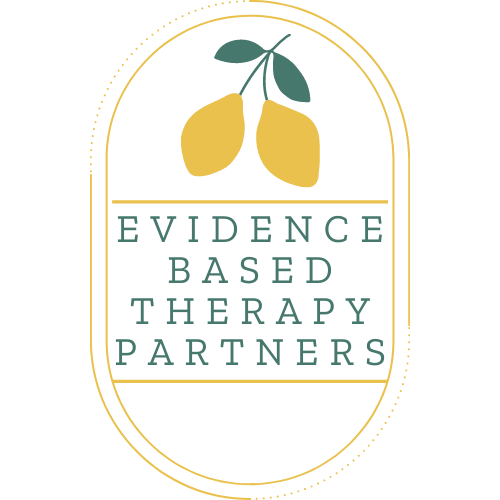
"Anxiety’s like a rocking chair. It gives you something to do, but it doesn’t get you very far."
—Jodi Picoult
Anxiety Disorders
What is Anxiety?
Almost every person has experienced some anxiety in their lifetime. In fact, low to moderate levels of anxiety can be quite adaptive in many situations. Anxiety helps us consider the future and plan for success. However, anxiety begins to be a problem when it lasts a long time, typically 6 months or more, and starts to interfere with one’s life. When anxiety begins to affect relationships, work, and school, or feels overly distressing to live with, treatment is usually indicated.
About Anxiety Disorders
Treatment for Anxiety disorders is determined by the specific anxiety disorder that one is experiencing.
Anxiety can take many forms including:
Social Anxiety Disorder
Generalized Anxiety Disorder
Specific Phobias
Panic Disorder
and Others
The focus of the fear is different in each anxiety disorder, but what is consistent across all anxiety disorders is avoidance of the situations or stimuli that cue anxiety (see the below for the focus of fear in each of the most common anxiety disorders).
Avoidance is what maintains anxiety disorders, as avoidance interferes with two key elements necessary to overcome anxiety:
Most of us can tolerate and even get used to what we fear
What we fear rarely ends up happening in the way we predict it will
Focus Of Fear for Different Anxiety Disorders
-
Generalized Anxiety Disorder
Activities/events
(ie. work, relationships, money)
-
Specific Phobia
Specific object or situation
(e.g. heights, snakes, enclosed spaces etc.)
-
Social Anxiety Disorder
Social or performance situations
-
Panic Disorder
Fears of having a panic attack and the associated bodily sensations
How is Anxiety Treated?
The treatment with the largest evidence-base for Anxiety Disorders is Cognitive Behavioral Therapy (CBT).
CBT typically focuses on helping people evaluate their anxiety related thoughts for accuracy, known as cognitive restructuring.
Anxiety causes us to over-estimate threat and under-estimate our ability to manage the threat, thus reinforcing our fear in the long-term. Learning how to accurately evaluate situations and stimuli is an important element of CBT.
As important is exposure to the feared situations and/or stimuli. If avoidance is what maintains anxiety, facing our fears through exposure is what helps us overcome our fears and live our lives fully.
CBT treatment is tailored to the unique presentation of each anxiety disorder but they key elements are the same:
Cognitive Restructuring
Exposure
CBT treatment for anxiety disorders is typically short-term and is highly effective.
If you believe you may benefit from this treatment, please don’t hesitate to reach out and make an appointment.
“Today I escaped anxiety. Or no, I discarded it, because it was within me, in my own perceptions — not outside.”
—Marcus Aurelius

